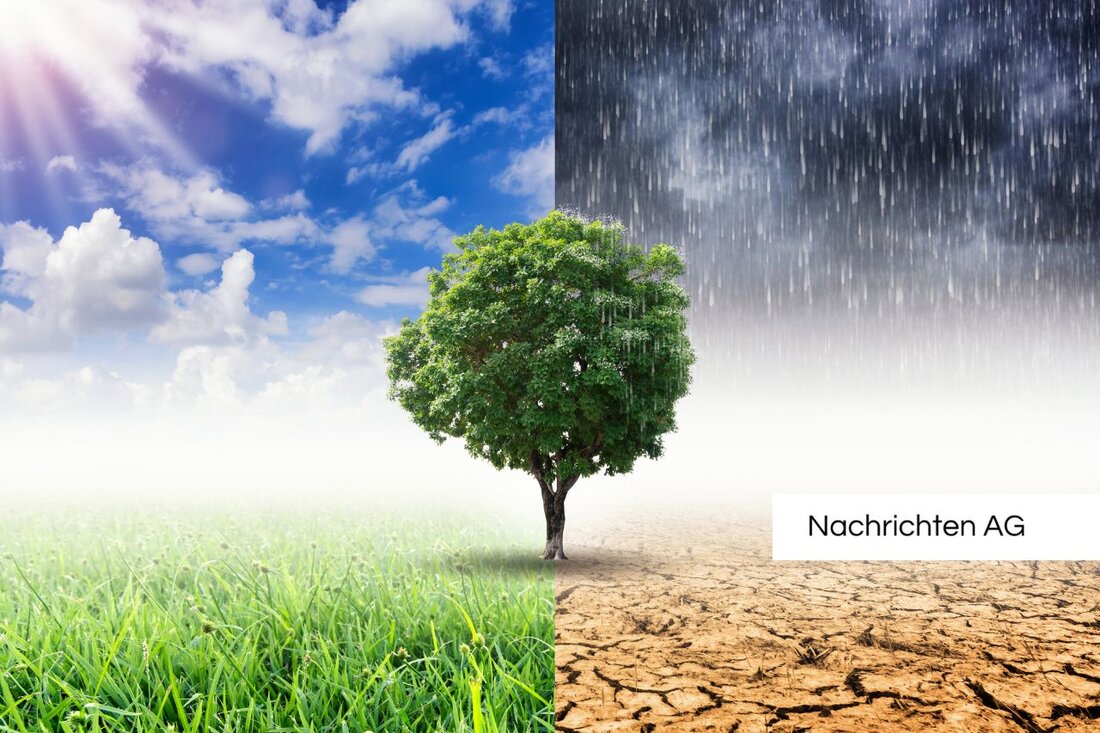Thuringian universities launch network for a sustainable future!
The TU Ilmenau and Thuringian universities are establishing a network for sustainability to address global challenges.

Thuringian universities launch network for a sustainable future!
The ten state universities in Thuringia have established a common commitment to sustainability in order to counteract global challenges such as climate change, loss of biological diversity and social inequalities. On July 3, 2025, the presidents of the universities will sign a declaration of intent in Tinz Castle in Gera. This Thuringian university network sustainability, like TU Ilmenau reports, proves the responsibility of universities to secure the natural basis of life in the long term and to create humane living conditions.
Sustainability is considered a central social task of the present. With this initiative, the Thuringian universities want to take an active role in the transformation process towards sustainable development. The universities are committed to sustainability in the areas of teaching, research, operations, transfer and governance. These activities are not only anchored locally, but also strive for global transformation through research and international collaborations.
Members and coordination of the network
The network brings together the following universities:
- Bauhaus-Universität Weimar
- Duale Hochschule Gera-Eisenach
- Ernst-Abbe-Hochschule Jena
- Fachhochschule Erfurt
- Friedrich-Schiller-Universität Jena
- Hochschule für Musik Franz Liszt Weimar
- Hochschule Nordhausen
- Hochschule Schmalkalden
- Technische Universität Ilmenau
- Universität Erfurt
The initiative was led by Dr. Karsten Gaebler (Friedrich Schiller University Jena) and Dr. Ulrike Kuch (Bauhaus University Weimar). These two coordinators are available as contact persons.
Transformation and efforts for sustainable development
The Thuringian University Network Sustainability is directly related to the KLIMA-N project, which promotes the transformation of universities in Thuringia into sustainable institutions. Led by Apl. Prof. Dr. Bettina Hollstein (University of Erfurt) and other experts, the project aims to enable sustainable development through transdisciplinary approaches in teaching, research and campus management. This project is carried out by HS Nordhausen seen as a key to developing solutions for sustainability.
A specific sub-project at Nordhausen University aims to establish a climate-neutral and resource-efficient campus. An inventory of energy and resource flows is carried out here in order to develop measures in the areas of energy efficiency, renewable energies and climate adaptation. The results of these efforts will be documented in a best practice guide.
Education for sustainable development
Universities play an essential role in training qualified professionals capable of contributing innovative solutions to achieve global development goals. According to that DAAD Universities contribute to creating jobs and strengthening education systems by providing evidence-based policy advice and offering practice-oriented study programs.
In order to achieve the goals of the 2030 Agenda, universities must further increase their contribution to sustainable development. This includes not only the training of specialists, but also the support and implementation of projects that anchor the goal of sustainability beyond the education sector. The Thuringian University Network Sustainability and the KLIMA-N project are outstanding examples of joint efforts to promote a sustainable future in the region and beyond.

 Suche
Suche
 Mein Konto
Mein Konto